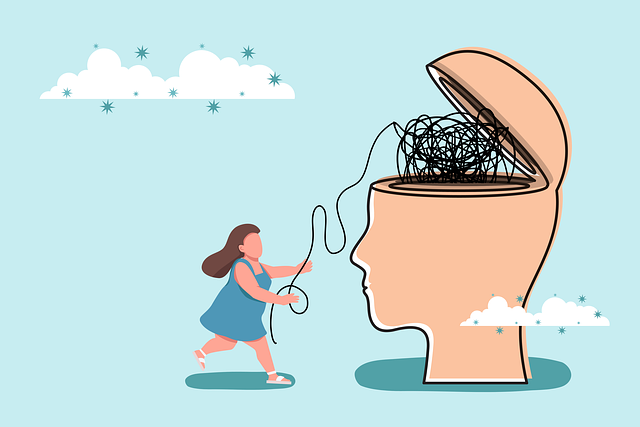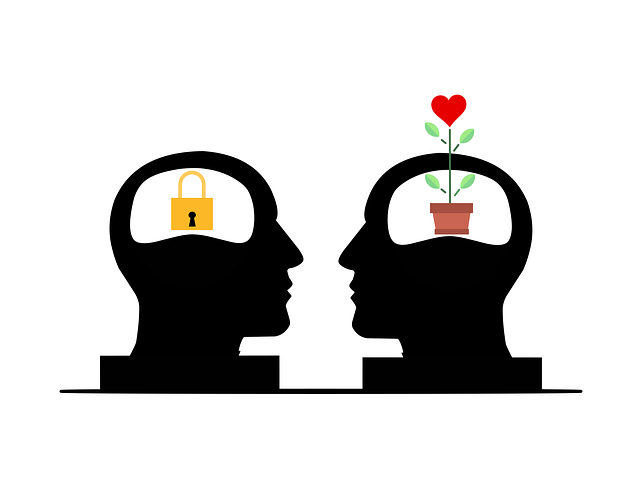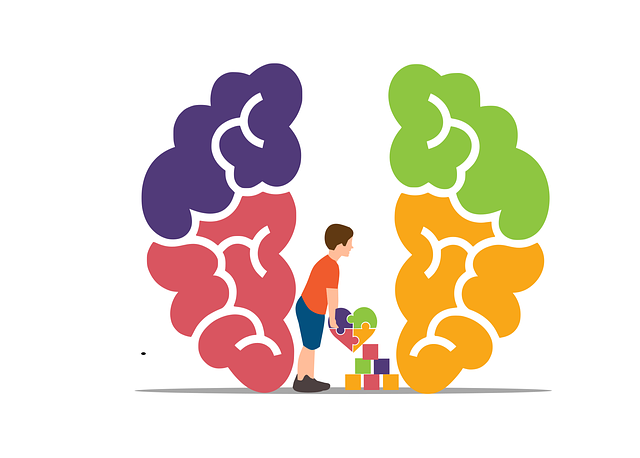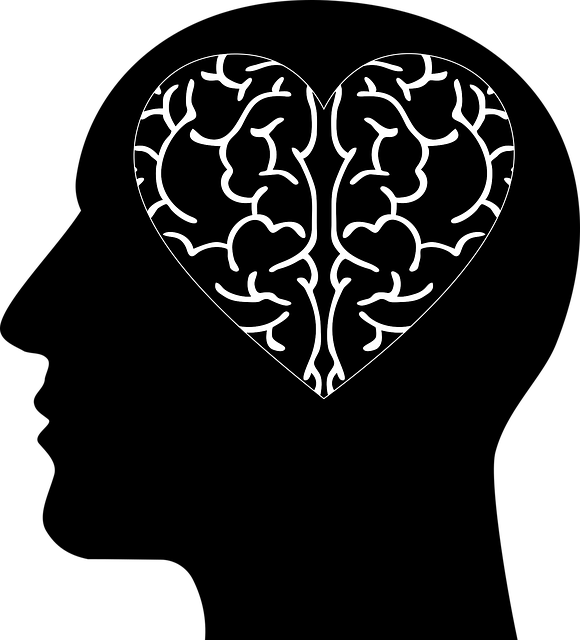The Resilient Families Model (RFM), integrated with American Sign Language (ASL), offers a transformative therapeutic approach for adults, prioritizing communication, problem-solving, and emotional resilience. ASL enhances accessibility, promotes emotional expression, and prevents burnout among healthcare professionals, especially in trauma support services. This method improves mental health, reduces anxiety and depression symptoms, and fosters connection through non-verbal communication. Incorporating RFM techniques with ASL into daily routines builds emotional resilience against stress, anxiety, and depression, benefiting diverse populations seeking effective therapy solutions.
“Unleash your inner strength with Resistance, Flexibility, and Mobility (RFM) exercises—a powerful trio transforming adult mental health. This comprehensive guide explores how American Sign Language (ASL) enhances resilience building, offering unique therapeutic benefits.
From understanding RFM’s impact on mental well-being to practical exercises using ASL, you’ll discover strategies for emotional resilience. Learn to integrate these techniques into daily life for lasting results. Unveiling real-life success stories, this article highlights the transformative power of combining therapy with ASL, providing a unique approach to healing and growth.”
- Understanding RFM and Its Impact on Adult Mental Health
- The Role of American Sign Language in Resilience Building
- Exercises to Enhance Emotional Resilience Through ASL
- Integrating RFM into Daily Routines for Long-Lasting Effects
- Benefits and Real-Life Applications: Success Stories
Understanding RFM and Its Impact on Adult Mental Health

Understanding RFM, or Resilient Families Model, is essential in appreciating its profound impact on adult mental health. This therapeutic approach centers around fostering resilience within individuals and families, particularly focusing on communication patterns and problem-solving skills. By integrating American Sign Language (ASL) into therapy sessions, RFM enhances accessibility and effectiveness, catering to a diverse range of clients, including those who are deaf or hard of hearing.
The model prioritizes building social skills and stress management strategies, which are cornerstones of mental wellness. Through interactive exercises and discussions, adults learn to navigate challenges more adaptively, improve their emotional regulation, and strengthen interpersonal connections. This holistic approach not only addresses immediate concerns but also equips individuals with lifelong tools to thrive in various aspects of life, from personal relationships to professional endeavors.
The Role of American Sign Language in Resilience Building

American Sign Language (ASL) serves as a powerful tool in resilience building and therapy for adults, especially within the context of healthcare and trauma support services. Beyond facilitating communication, ASL offers a unique avenue for emotional regulation, enabling individuals to express and process complex feelings. For healthcare providers dealing with high-stress environments, incorporating ASL into their burnout prevention strategies can be transformative. It provides an alternative means of connection, allowing them to connect deeply with patients while mitigating the risks associated with prolonged exposure to distressing situations.
Incorporating ASL into therapy sessions supports not only language acquisition but also enhances overall well-being. This is particularly beneficial for those who have experienced trauma, as non-verbal communication can feel safer and less intimidating. By encouraging emotional expression through ASL, therapists can help clients process and release suppressed emotions, thereby fostering resilience. Thus, American Sign Language becomes a valuable asset in the arsenal of burnout prevention strategies for healthcare providers and an integral part of trauma support services, contributing to improved emotional regulation.
Exercises to Enhance Emotional Resilience Through ASL

American Sign Language (ASL) offers a unique and powerful approach to enhancing emotional resilience for adults. Through engaging in therapy sessions that incorporate ASL, individuals can develop effective communication strategies that not only improve their mental health but also serve as a valuable tool for burnout prevention. The non-verbal nature of ASL allows for a different kind of expression, promoting self-awareness and helping to process and release emotions. This can be particularly beneficial for those who find traditional talk therapy less engaging or effective.
By learning ASL, individuals gain an additional layer of emotional intelligence, enabling them to better understand their own feelings and those of others. This enhanced communication skill set can have a profound impact on mental health, reducing symptoms of anxiety and depression while fostering a sense of community and connection. Moreover, incorporating ASL into therapy aligns with the broader goals of Mental Health Policy Analysis and Advocacy by demonstrating innovative ways to improve access to care for diverse populations.
Integrating RFM into Daily Routines for Long-Lasting Effects

Integrating RFM (Resilience, Flexibility, and Mindfulness) into daily routines is key to reaping long-lasting effects, particularly for adults who seek therapy in American Sign Language communities. These practices serve as powerful self-care tools that empower individuals to navigate life’s challenges with greater ease. By dedicating even just a few minutes each day to RFM exercises, one can significantly enhance their overall well-being and build resilience against stress, anxiety, and even depression.
Incorporating mindfulness practices, for instance, allows individuals to cultivate present-moment awareness, enabling them to respond rather than react to stressful situations. Flexible thinking encourages a growth mindset, fostering adaptability in the face of change or adversity. Together, these techniques create a robust foundation for emotional health and can be easily incorporated into daily lives through simple self-care practices. Stress management workshops organized by therapy centers specializing in American Sign Language can offer valuable guidance on implementing RFM effectively, ultimately supporting adults in thriving both personally and professionally.
Benefits and Real-Life Applications: Success Stories

The benefits of resilience-building exercises through methods like RFM (Recollect, Feel, Move) extend far beyond the therapy room, offering significant real-life applications for adults navigating challenging situations. This approach, rooted in cognitive-behavioral techniques and enhanced by American Sign Language (ASL) communication, has proven effective in fostering mental wellness and emotional resilience. By engaging in these exercises, individuals can develop a deeper understanding of their thoughts and emotions, leading to improved coping mechanisms and enhanced quality of life.
Success stories abound, with many participants reporting increased confidence and better management of stress and anxiety. These exercises have been particularly beneficial for diverse populations, including those seeking therapy for adults with a history of trauma or mental health challenges. Healthcare providers incorporating cultural competency training have also found RFM to be a valuable tool in bridging communication gaps and providing more personalized care, ultimately improving patient outcomes and satisfaction.
Resilience is a powerful tool for mental well-being, and incorporating techniques like RFM and American Sign Language (ASL) can significantly enhance emotional resilience. As demonstrated in this article, using ASL as a therapy for adults offers unique benefits, providing an accessible and creative outlet for expression and healing. By integrating RFM exercises into daily routines, individuals can develop long-lasting coping strategies that improve their overall mental health. These methods offer practical ways to navigate life’s challenges and foster a sense of empowerment, making them valuable resources in the world of adult mental health care.











